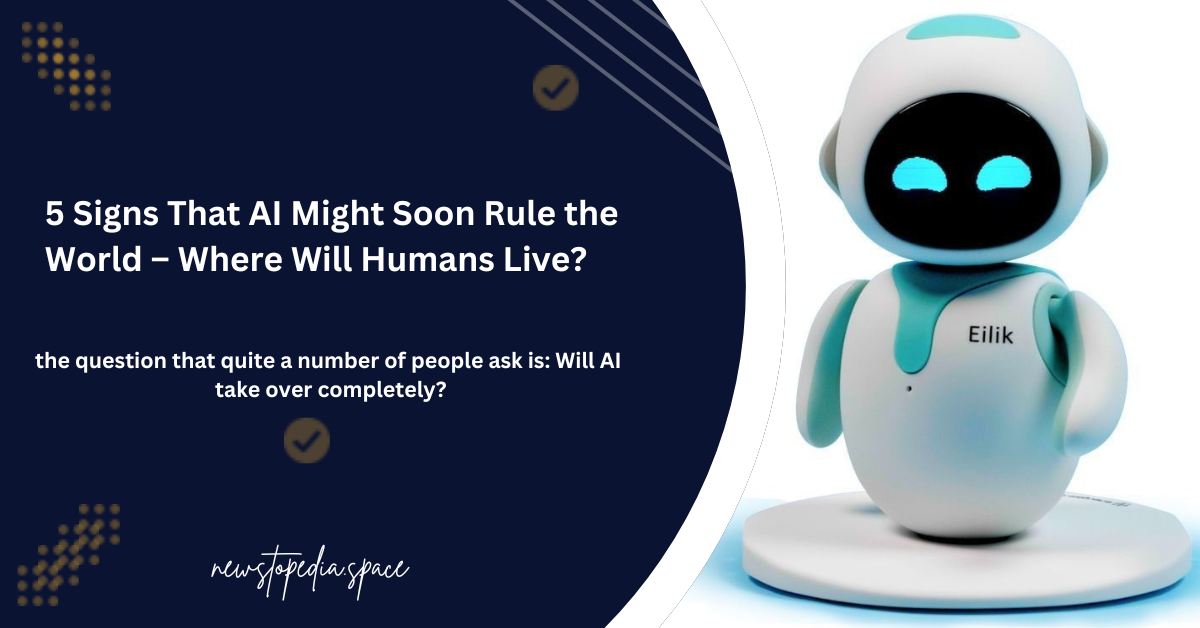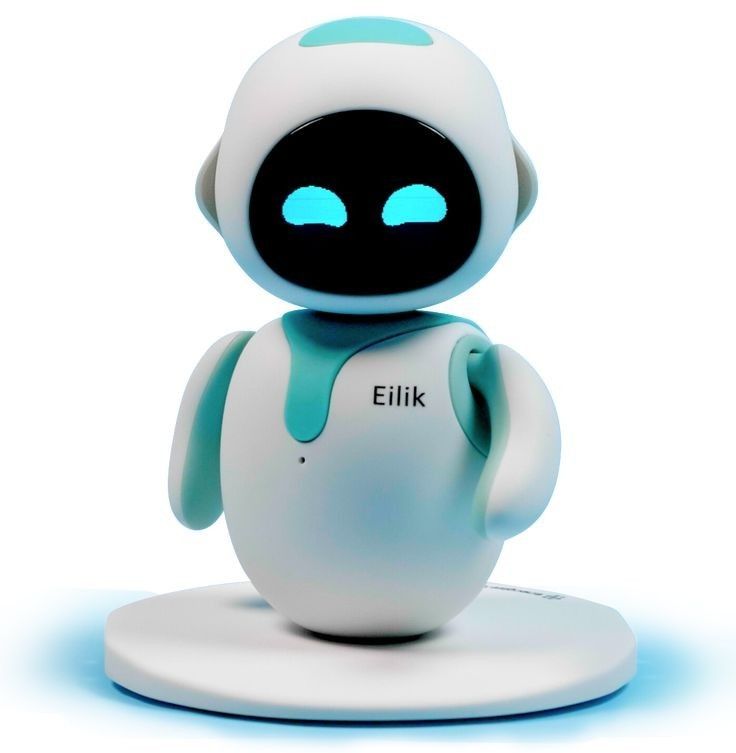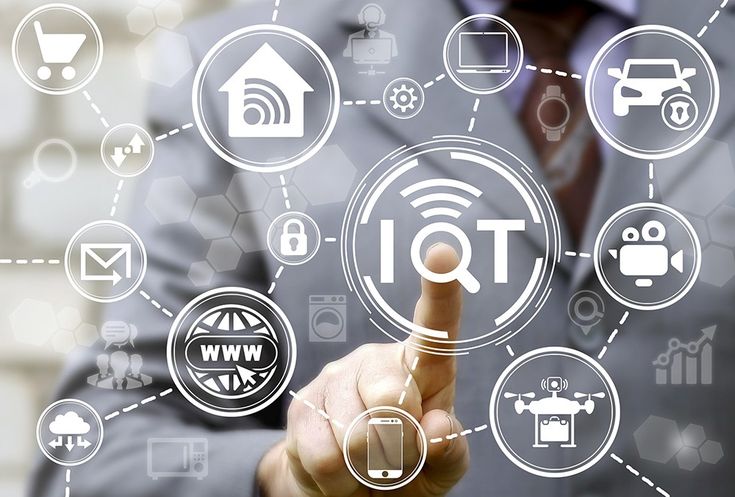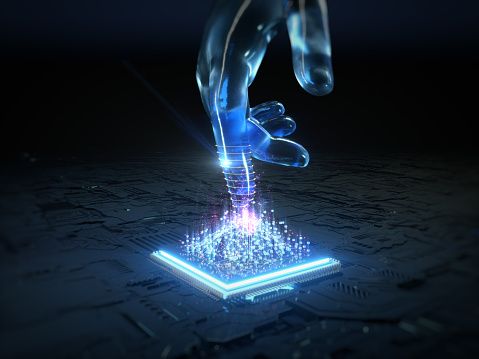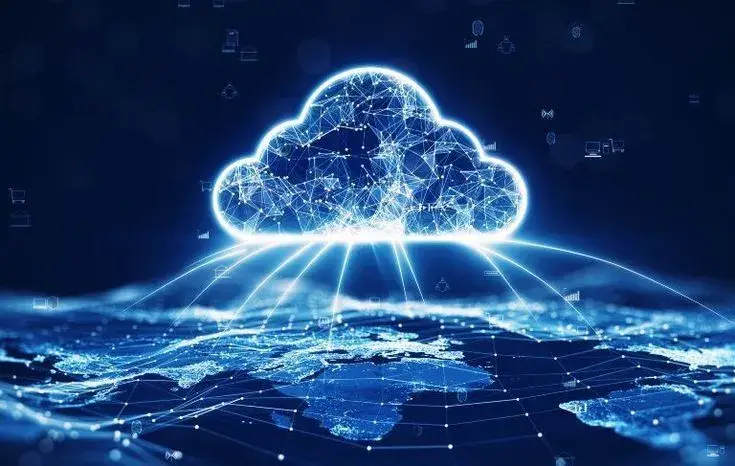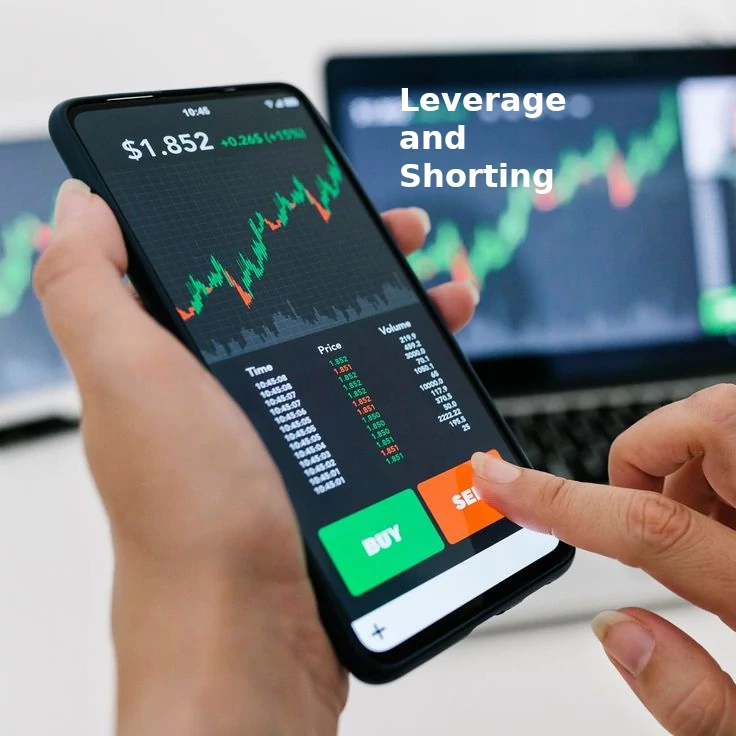5 Signs That AI Might Soon Rule the World – Where Will Humans Live?
Fast progress in the field of artificial intelligence has brought unbelievable feats of technology, making many wonder if we are at the cusp of an “AI era.” From self-driving cars to intelligent homes and virtual reality, AI has begun altering our daily lives in several fundamental ways. But with AI getting smarter and more capable, the question that quite a number of people ask is: Will AI take over completely? But if so, what does the future hold for humanity? Here are five indications that AI might take over our world sooner rather than later, and what that may mean for human society.
1. Robots Are Getting Smarter and More Independent
Robots used to be simple machines that followed basic commands; now, they are evolving into much advanced machines. The artificial intelligence allows robots to learn from the environment and make decisions apart from following instructions. In warehouses, robots pack and pick items with little human guidance. In Japan, robots like “Pepper” can serve customers in cafes. No longer are these machines mere tools, but they are becoming “workers” in their own right.
How it affects humans: With the rise in capabilities, robots may start doing a lot of jobs undertaken by humans, which may totally change the face of the job market and work.
2. The Internet of Things (IoT) is Connecting Everything Around Us
The Internet of Things, abbreviated as IoT, is technology that enables every device in day-to-day life to be connected to the internet and share data. From reminding one to buy milk with a smart fridge to self-driving cars, IoT is easing life by making it more convenient. In this way, through data analysis generated by these connected devices, AI systems can make intelligent decisions, such as adjusting the temperature in a home according to the habit of an individual or rerouting traffic to reduce congestion.
How it affects us: With IoT, AI is going to have a much larger pool of information to work with; it could understand and control our environment in ways unimaginable even a decade ago. In an AI-driven world, IoT can help create fully automated homes, cities, and even transportation networks.
3. Virtual Reality and Augmented Reality are Changing Our Perception of the World
Virtual and augmented reality allow us to interact with the digital world in new ways. VR has been very much associated with gaming, but it goes much further in its applications: education, real estate, and healthcare. With AI, these virtual worlds will be even more realistic and interactive, capable of giving people an escape from the physical world. It is cross-able that in the near future, people will work, learn, and be social with each other in virtual places, creating a “second life” online.
How it affects us: With the potent development of VR and AR, there is a possibility that people will like to spend more time in virtual environments than in reality, which brings up questions about what this “reality” really means and how it impacts our mental and physical well-being.
4. AI Can Now Mimic Human Thinking and Emotions
The greatest advances in AI have been in understanding and emulating human emotions. AI uses natural language processing to analyze tone, mood, and context in emotionally intelligent ways of response. This is most useful in customer service, mental health apps, and even AI companions, where it can offer tailored support or companionship.
How it affects us: With AI beginning to emulate human emotions, it may find a place in our lives and slowly replace human contact in some sections of society. That brings up questions of ethics regarding how emotionally dependent people may become on machines and what that does to actual human relationships.
5. AI Is Starting to Self-Improve and Evolve on Its Own
AI systems like DeepMind’s AlphaZero have proven that now AI can learn and improve on its own, sans human input. AlphaZero taught itself to play chess and became a master in just hours. That kind of prowess applied to other domains, such as medicine or engineering, could mean breakthroughs by AI with no human guidance.
How it hits us: That kind of self-improving ability would make AI faster, smarter, and possibly beyond human control. In a world where AI is evolving on its own, we may reach a point where machines are making key decisions about the future of society—raising the question of who, or what, is in charge.
Where Will Humans Live in an AI-Driven World?
If AI takes over many areas of our lives, there might have to be a big adjustment in life for humans. Here are a few possibilities:

- Smart Cities: These may be totally automated, where AI will manage from traffic to energy consumption, bringing in a lot of efficiency and sustainability.
- Remote Workspaces: If the physical work is taken care of by AI, then a human would only need a computer to attend work or school from anywhere across the globe. This may result in more people living in remote areas.
- Virtual Worlds: As development continues with VR and AR, people will be able to spend even more time in virtual environments. Houses can be basic, as time is spent in the digital rather than the actual environment.
While the rise of AI is exciting, it’s only natural to feel a bit uncertain about what this might mean for our future. Are we going to work alongside AI, or has it going to take over completely? One thing is clear: AI is reshaping our world and will surely play a substantial part in the years ahead. This AI era we’re entering has us gravely responsible for making sure that technology really does serve us well by enhancing our life rather than replacing the human experience.

